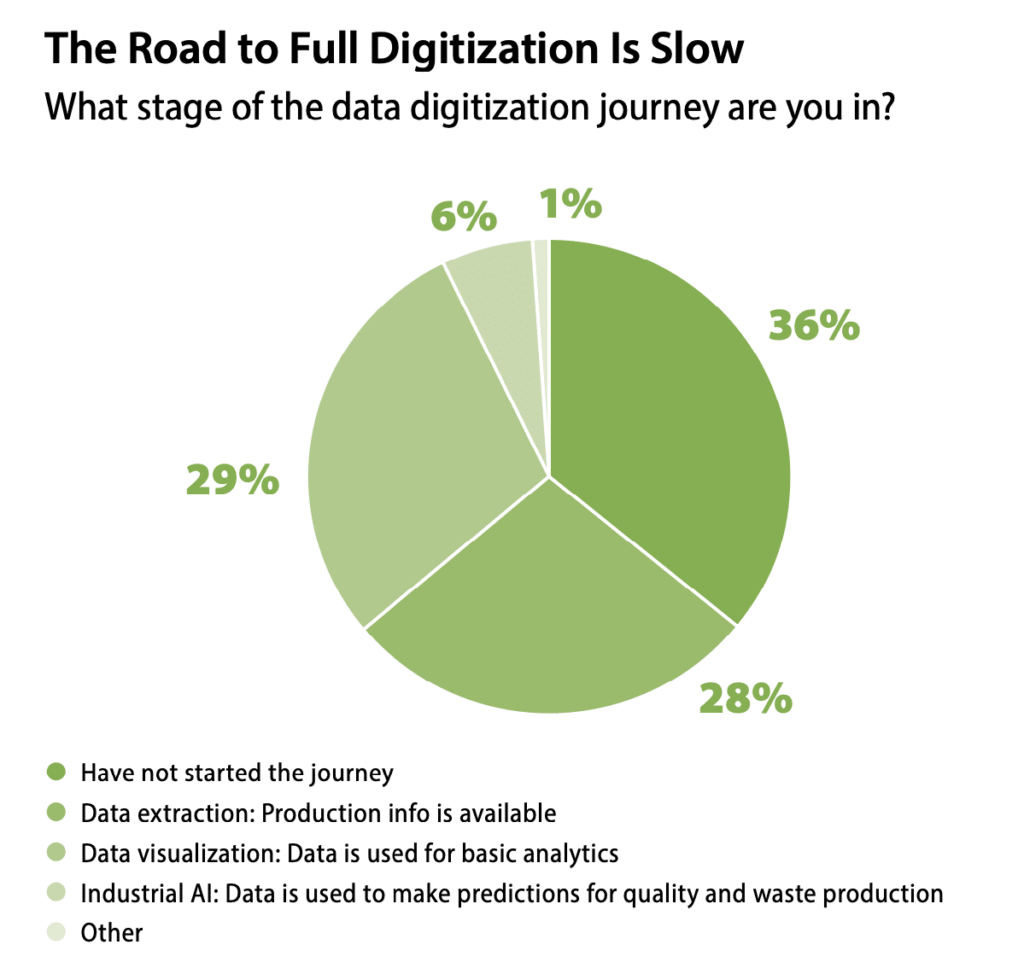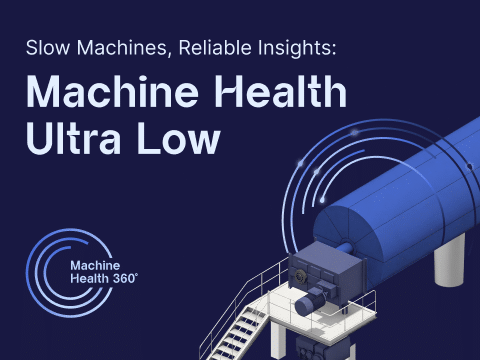
With public health being paramount, the Food & Beverage industry usually have it harder than other manufacturers. Two recent reports shine a light on how more industry leaders – the early adopters of AI-based technologies – are establishing a competitive edge in these particularly challenging times. But while more manufacturers are recognizing the benefits, they’re definitely not all taking advantage…
There are enough success stories out there of Food & Beverage businesses embracing industry 4.0 technologies to boost production – PepsiCo and Colgate-Palmolive being two of the more well-covered stories.
Basically, these successes were driven by leaders who saw how certain tech solutions could work to improve outcomes by confronting very specific use cases.
Save a Mountain of Snacks
Just Like The Rest Of Us…
“Food manufacturers hold a unique position within the current economy. Not only do they face the same challenging conditions as other businesses, but they also must endure a litany of additional pressures. Quality and product tracking is of the utmost importance in an industry that is sensitive to potential food safety concerns and recalls,” opens ‘AI-Loyal Food Companies Tease Future Benefits, But Laggards Fear Change’.
A collaboration between Augury and Food Manufacturing magazine, the report found that food manufacturers are naturally still focused on safety compliance and quality issues. However, they see their biggest challenges as being akin to those facing other manufacturers – with supply chain and workforce/upskilling issues topping their list of pain points.
Another key takeaway from this survey was how “the benefits of tech-oriented solutions are becoming more apparent.”
AI No Longer A Buzzword. But Implementation Lags
The report also documents a raising awareness that reducing energy and waste is good for both business goals and ESG (environmental, social and governance) directives. In short: “AI has moved beyond buzzword status and can provide some tangible benefits in today’s operating environment.”
But there’s still work to be done. While over half recognize the benefits of AI, nearly two-thirds of respondents still have not yet applied AI technology – with most blaming issues such as budget constraints, process/operational hurdles and lack of buy-in from company leaders.
efficiency, and sustainability through Production Health.
“Only time will tell whether these food businesses will turn to AI to future-proof their businesses and take advantage of the benefits it can provide like optimizing production, reducing unplanned downtime, increasing capacity, upskilling existing staff, and attracting a new generation of workers. While some seem to be holding out for the right time, organizations that wait too long could be left at a disadvantage. A better approach is likely to be one that emphasizes identifying relevant use cases and taking strategic action.”
Are You Tracking And Tweaking Process-Related Issues?
A second recent survey report, ‘Can You “See” How Healthy Your Processes Are?’, is a collaboration between Augury and Food Processing magazine. It focuses on the extent Food & Beverage manufacturers are adopting monitoring and data collection systems to gain better visibility and control over their process-related issues.
“Why is process inefficiency worrisome? Two-thirds said it impacts productivity; 56% indicated it hurts their bottom line; 54% said it causes operational disruptions; and 45% think it negatively impacts product quality.”
“But there is recognition that more sophisticated tools are synonymous with better control, and better control is synonymous with improved quality, throughput and profitability. And that, indeed, is why this all matters.”
A Growing Consciousness That AI Can Help. But…

Again, the report documents an obvious shift towards using technologies to gain actionable insights. Unfortunately, with the benefits as clear as they are, adoption seems slower than expected.
“Very few processors are running Star Wars plants with artificial intelligence helping them make or at least informing the key decisions, but most are slowly gravitating toward systems and technologies that can better put them in control.”
“However, manual tools – good old spreadsheets, etc. – at 66% are still the most used technology for process optimization. […] It’s apparent there is ample opportunity for all companies to do better.”
Read more about use cases specific to the Food & Beverage industry. Or reach out direct to discuss your own particular pain point.




